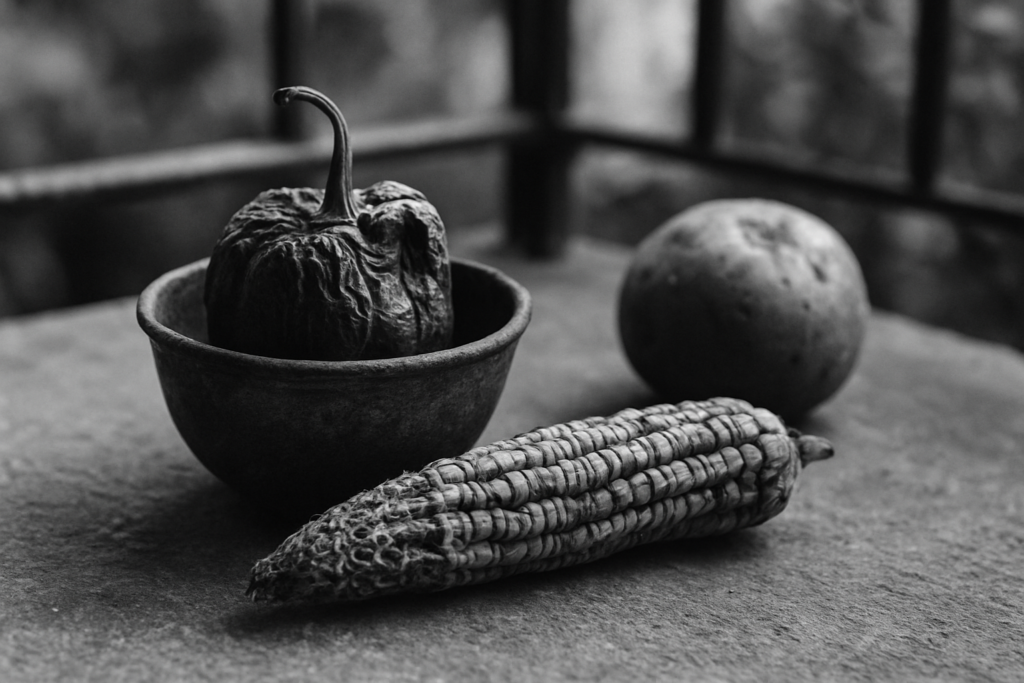What Is Chugaderi?
Let’s get this straight: chugaderi isn’t your textbook sightseeing spot. It’s more of a vibe. In some regional dialects, the term refers to places that feel tuckedaway, almost forgotten by modern development, yet still hold cultural and historical substance. We’re talking small shrines, local eateries that never made it to Instagram, aging neighborhood streets where elders greet you with a slow nod.
In essence, chugaderi conveys a lowkey authenticity. It’s the kind of place where you’ll find a centuryold tofu shop still run by the same family. It’s where you can sit on a worn wooden bench and hear the same cicada soundtracks that locals have listened to for generations.
Why It Matters in a World Obsessed With “Top 10” Lists
Let’s face it — travel recommendations online can feel copypasted. How many castles, sushi joints, and temples can you cycle through before the thrill fades? That’s where chugaderi sidesteps the mainstream. Instead of following a formula, you wander into something with original character.
This kind of lowprofile location teaches you to pay attention again. What seems uneventful might actually hold meaning if you look closely — moss on a stone lantern, prayer ribbons hanging from an old cedar tree, steam rising from a pot of miso soup on a breezechilled morning. It’s the undercurrent of real life, not the performance.
How To Spot a ChugaderiType Place
They’re rarely pinned on maps, and almost never hashtagged. But here’s how to notice one:
No English Menus: Not just missing — completely absent. If the restaurant only uses handwritten Japanese, there’s a good chance it’s the real deal. Locals Outnumber Everyone: When you’re in a spot and realize you’re the only outsider, you might’ve found a chugaderi environment. Minimal Decor, Maximum Utility: These places weren’t dressed up for guests. Their charm comes from repetition and ritual over decades. Time Moves Slower: No one’s in a rush, including you. Things like waiting, walking slowly, or sitting alone with tea feel less like chores and more like the point.
The Power of Boredom
Ironically, what might feel like “nothing happening” is where the reset begins. In *chugaderi*like territories, your senses recalibrate. You start noticing detail, rhythm, and tiny gestures: the way an elderly shopkeeper folds a paper bag, the hum of a drink machine in a quiet alley. That subtle awareness isn’t just soothing—it’s grounding.
In cities, your brain’s constantly sifting through noise. But chugaderi gives space to refocus. You’re not being bombarded with mustdos or photo ops. There’s room to breathe, watch, and catch up with yourself.
Eating Your Way Through Chugaderi
Small towns and backstreets often have flavors the modern palate forgot. Think charcoalgrilled mochi, seasonal tsukemono (pickles) from a family garden, stews that haven’t changed ingredients in 40 years. It’s honest food served without flair — but it hits hard in the best way.
A bowl of rice with pickles and miso might not trend, but when made with care and eaten in stillness, it’s unforgettable. In a word: essential.
Chugaderi in the Modern Context
As Japan moves toward urban consolidation and digital convenience, places defined by chugaderi energy risk fading away. That’s why finding and highlighting them matters. They don’t need preservation in a museum sense — they need participation.
Taking a side street, trusting your instincts, being okay with getting a little lost — that’s how chugaderi lives on. It’s kept alive by travelers who respect simplicity, quietude, and the rhythms of the everyday.
Final Thoughts
You won’t find chugaderi in travel brochures or TripAdvisor Top Picks. That’s part of its value. It asks for presence without pretense — to show up, pay attention, and appreciate a kind of Japan that’s often overlooked but deeply rewarding.
Next time you’re planning your trip and wondering what you might be missing, remember this: sometimes the most meaningful experiences aren’t shouted. They’re whispered — just like where you’ll find chugaderi.


 Culinary Expert
Edward brings a wealth of knowledge to the Food Meal Trail team, specializing in culinary techniques and gourmet cooking. With years of experience in professional kitchens, he shares his insights through engaging articles that simplify complex recipes. Edward is passionate about helping home cooks elevate their skills and create memorable dining experiences.
Culinary Expert
Edward brings a wealth of knowledge to the Food Meal Trail team, specializing in culinary techniques and gourmet cooking. With years of experience in professional kitchens, he shares his insights through engaging articles that simplify complex recipes. Edward is passionate about helping home cooks elevate their skills and create memorable dining experiences.
